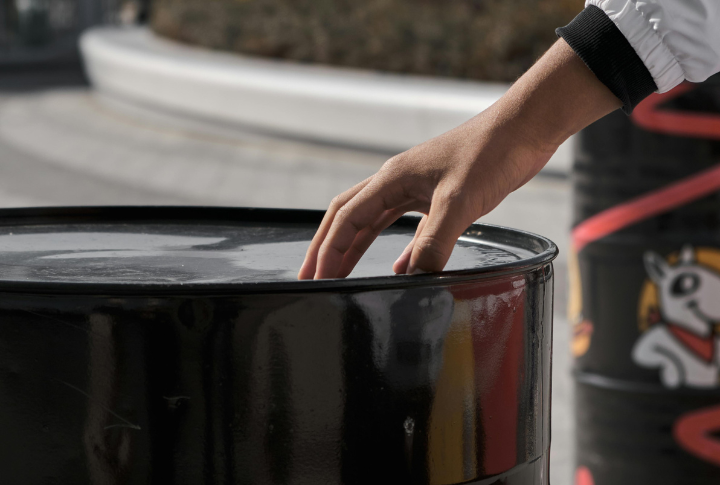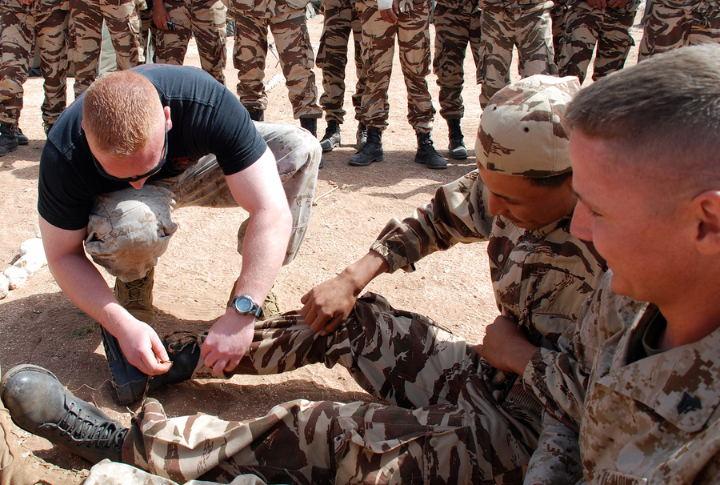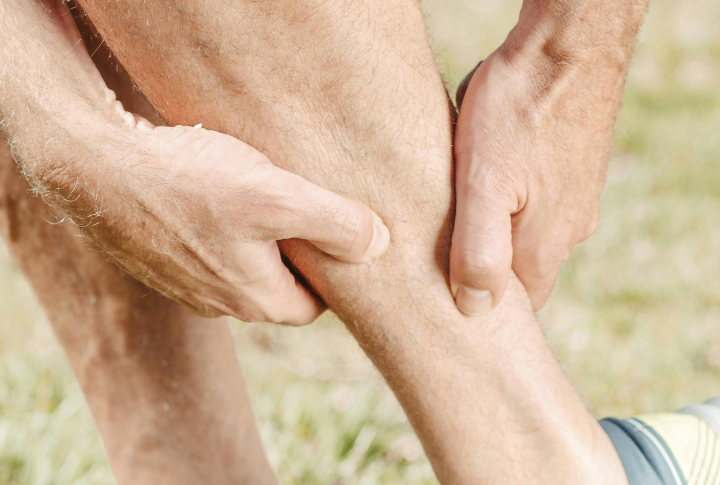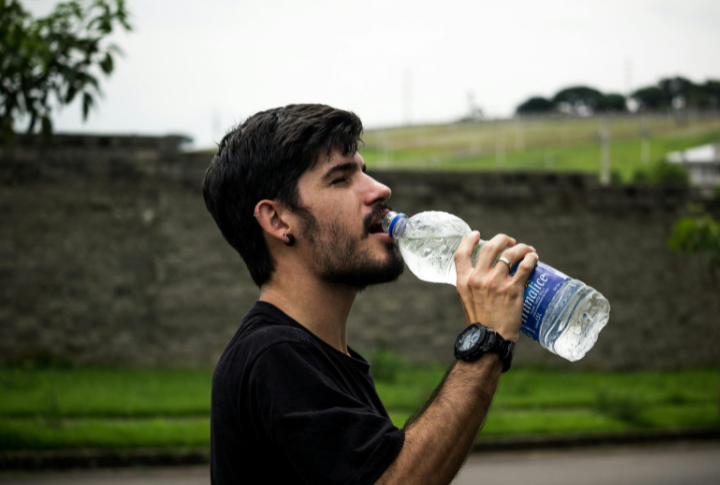
A Taser shock can hit fast, leaving little time to react—but how you respond can make a real difference. Sudden muscle spasms, disorientation, and falls add to the risks, making it important to stay as safe as possible. Knowing what to do in the moment and after can help prevent further injury. Here’s what you need to keep in mind if you ever experience one.
Stay As Still As Possible

If you move excessively while being tased, it can worsen muscle spasms and increase the likelihood of secondary injuries such as strains or falls. So, remain still to allow the current to pass evenly through. Otherwise, unnecessary movement can turn an already painful experience into a far more dangerous one.
Avoid Touching Metal Surfaces

Don’t grab a metal surface during a jolt. While metal won’t amplify the taser’s effect, it can conduct electricity if the probes or wires touch it, potentially shocking someone nearby. In rare cases, electricity can arc over short distances, which increases the risk of burns or unintended contact.
Focus On Breathing Calmly

Control your breath so you can manage stress responses in high-pressure situations. Breathing practices have been used widely in emergency response training. They can reduce panic and stabilize your heart rate. Plus, controlled breathing regulates blood oxygen levels and prevents dizziness or hyperventilation.
Do Not Try To Pull Out The Probes

Taser probes aren’t just sharp—they’re barbed to stay put on impact. Try pulling them out the wrong way, and you’re looking at torn skin, bleeding, and a higher risk of infection. That’s why law enforcement and medical pros use specialized tools for safe removal. It’s one of those times when patience really does save you from extra pain.
Protect Your Head If You Fall

A Taser can make you lose control of your muscles, which may increase the risk of head injuries when you fall. Use your arms to absorb the impact and tuck your chin toward your chest, a position that helps prevent serious injuries like concussions. Staying as relaxed as possible can also help reduce the chances of broken bones or sprains.
Change Out Of Wet Clothing

If you were tased while soaked, remove wet clothing as soon as possible. Water increases electricity’s conductivity, which may intensify the shock and cause discomfort. Staying in the damp fabric can also lead to irritation or chills, so dry off and switch to dry clothes to help with recovery.
Check For Clothing-Related Burns

After being tased, inspect your skin for burns or irritation, especially where probes have made contact. Tight clothes can trap heat from the electrical discharge. If you notice redness or blisters, seek medical attention. Even if the burns seem minor, cleaning the area properly can help avoid infections.
Watch For Delayed Muscle Stiffness

Muscles contract forcefully when tased, and soreness can linger for hours or even days. Delayed onset muscle stiffness is common, similar to post-workout soreness but more intense. Hydration, gentle stretching, and applying ice packs can help relieve discomfort and speed up recovery.
Stay Hydrated To Aid Recovery

Electrical shocks can also put stress on your nervous system, leading to dehydration. Drinking water helps regulate your heart rate and prevent lightheadedness or headaches after the incident. Staying hydrated also supports muscle recovery and reduces lingering cramping.
Seek Immediate Medical Attention

Tasers are generally marketed as non-lethal, but they are not entirely risk-free. If you notice irregular heartbeats or prolonged muscle weakness, a medical check-up is a good idea. Burns or deep puncture wounds from the probes also need attention to prevent infection. Getting checked out early can help catch any hidden health risks before they become serious.

